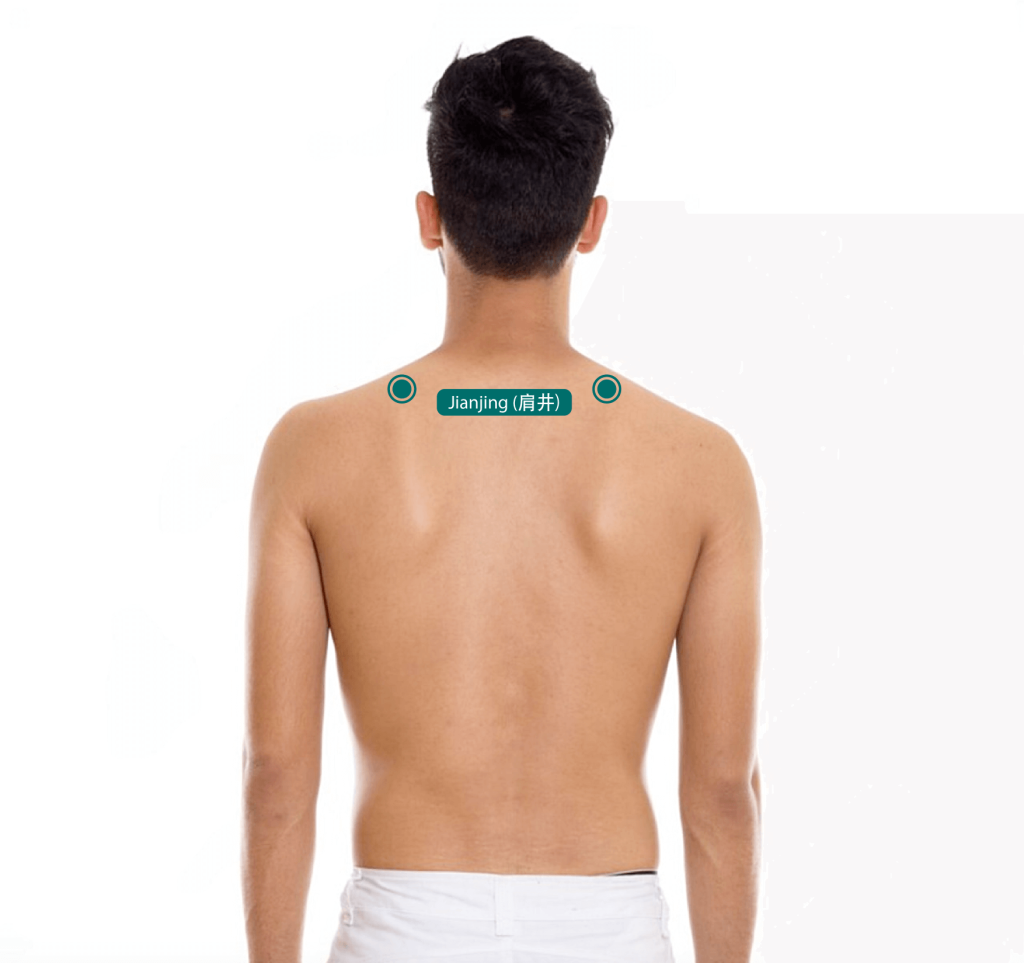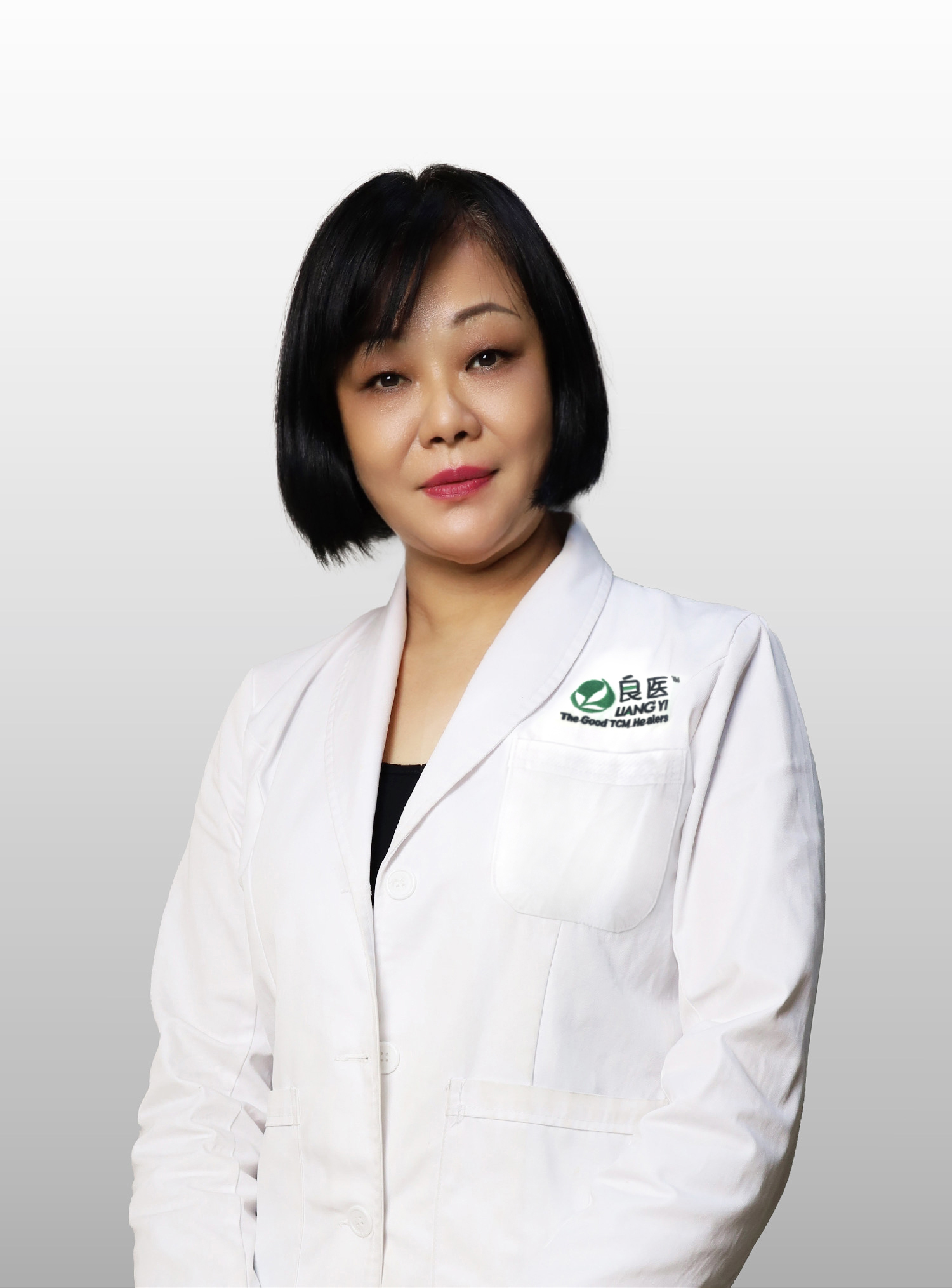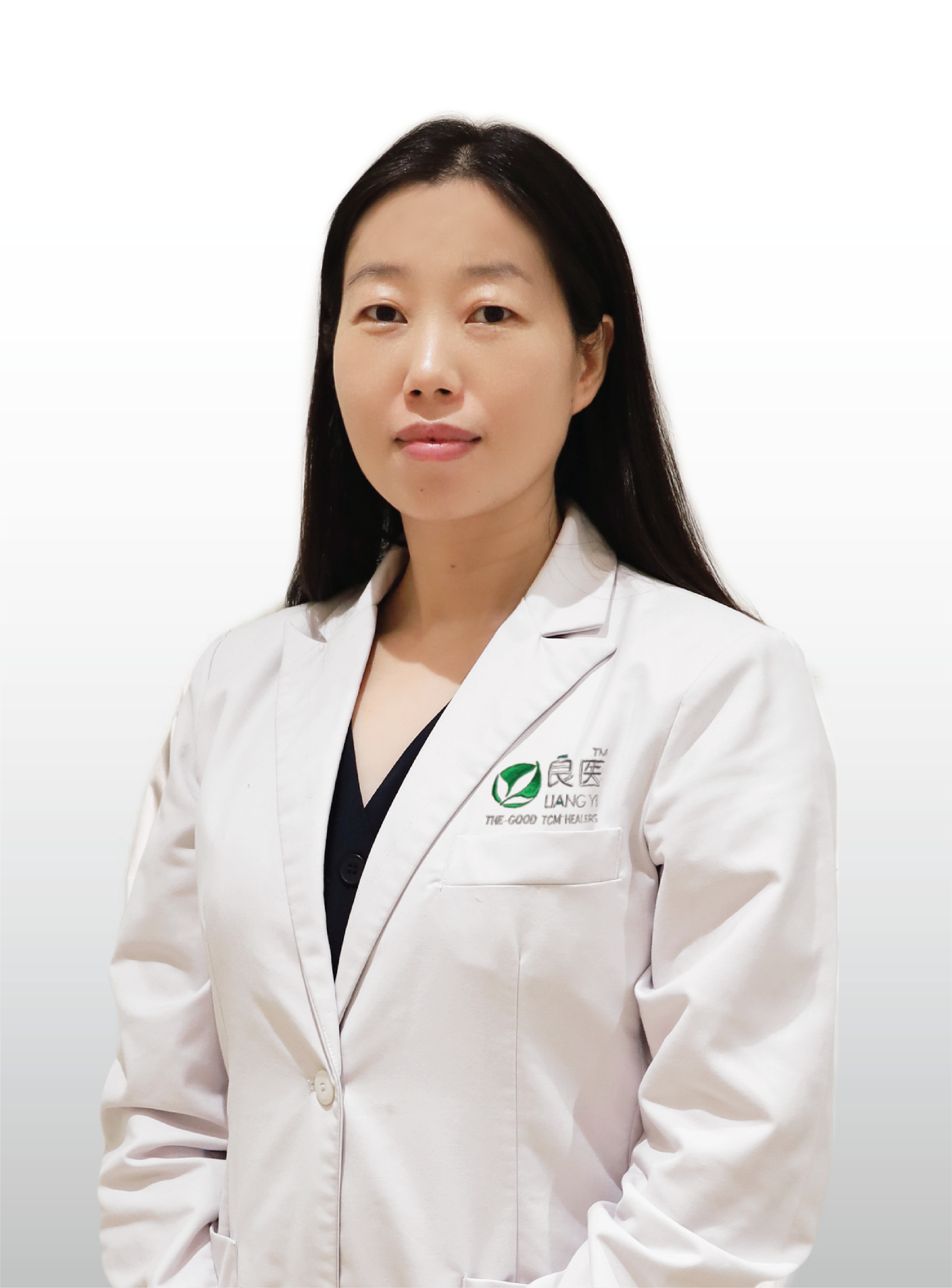
Frozen shoulder, also known as adhesive capsulitis, is a painful condition of your shoulder joint that can cause stiffness. A frozen shoulder can be troublesome to deal with, especially when it leads to pain and stiffness whenever you move your shoulder. If you also have to deal with a sudden neck pain that occasionally radiates whenever you turn your head, it can easily make your day a lot harder to get through. Thankfully, traditional Chinese medicine (TCM) techniques can provide welcome pain relief while treating the underlying causes that lead to your discomfort.
How Office Syndrome Can Cause Frozen Shoulder and Stiff Neck
Office syndrome is a collection of physical symptoms arising from poor posture during working hours. Sitting down for countless hours in a fixed (oftentimes hunched) position at your desk can strain your body substantially and lead to further complications if not addressed. A frozen shoulder, for example, can arise when you keep your shoulder still or in a static position for a long time, which can then gradually cause inflammation of the connective tissue surrounding your shoulder joint, causing it to stiffen and cause pain and discomfort when you try to move it.
The TCM Causes on Frozen Shoulder and Neck Pain
According to TCM’s core principles, our body is an interconnected system that can easily be influenced by internal or external factors, including seasonal or environmental ones, that affect its inner harmony. When this harmony is disrupted, it can cause an imbalance that can adversely impact our physical well-being and manifest as pain. Some of these factors include:
Blood Stasis
Healthy blood circulation is one of the cornerstones of TCM. When blood flows freely throughout the body, our organs, tissues, and even the musculoskeletal system are enriched with oxygen and nutrients that our bloodstream carries. When our body is exposed to various factors that can cause an imbalance, our blood circulation is also impacted and gradually slows or even becomes stagnant, leading to blood stasis. This condition is characterised by pain, discomfort, and stiffness in your neck and shoulder as they are not receiving sufficient blood to keep them nourished and healthy.
Qi Disruption
Qi is a vital energy in our bodies and a core foundation of TCM. Like blood, it circulates throughout our bodies via meridians and helps maintain our overall well-being. Uninterrupted Qi flow also means that our bodies are in good health, so interruptions to Qi circulation via internal or external imbalances can lead to frozen shoulder or neck pain symptoms.
Deficiencies
These internal blockages and imbalances can also affect organ functions, resulting in various adverse effects such as pain, nausea, and other unpleasant side effects. For example, a frozen shoulder is associated with a liver deficiency, as the liver regulates the circulation of Qi and blood throughout the body. Ageing and other conditions can gradually weaken our organ functions and make it difficult to nourish the body effectively, leading to symptoms like pain and stiffness.
External Factors
External factors can also seep into the body when it is weak, accumulating and causing various complications. Dampness, heat, and cold are three common symptoms caused by environmental factors, such as overexposure to the air conditioner, or even lifestyle factors like frequently having spicy, oily foods. These external influences can then result in recurring pain, limited movement, and stiffness, among other issues.
How to Treat a Frozen Shoulder and Neck Pain with TCM
TCM treats these complications by addressing the root cause through a holistic approach that promotes natural healing techniques to resolve blockages and imbalances.
Acupuncture
In TCM terms, acupuncture may clear up frozen shoulder and neck pain symptoms by placing sterile needles at specific acupoints to help relieve much-needed pain and clear up any internal blockages caused by external influences like wind, cold, and dampness. At the same time, acupuncture also promotes “renewed blood” and Qi circulation to nourish the body and undo blockages that caused this Qi and blood stagnation. To further improve your condition, you may experience reduced pain, discomfort, and stiffness, especially after a few follow-up sessions. One targeted acupoint is Jianjing GB-21 (肩井), located along the upper part of your shoulder, which relieves pain and stiffness in your neck and shoulders.

Acupressure
This technique adopts acupuncture principles but uses massage techniques that target specific acupoints on the body to clear up internal meridian blockages and promote healthy Qi and blood flow. Acupressure applies gentle and firm pressure to reduce muscle tension and remove any scar tissue or blockages that cause your symptoms of neck pain or frozen shoulder. It is also helpful in promoting circulation by “forcing out” stagnant blood from the muscles, though at the cost of minor inflammation.
Cupping Therapy
Cupping therapy improves blood circulation, releases muscle tension, and clears Qi and blood stagnation in the affected area. The suction created by the cups draws fresh blood flow to the shoulder, helping to nourish the muscles and accelerate the body’s natural healing process. At the same time, cupping helps loosen tight muscles and fascia, reducing stiffness and improving range of motion. According to TCM theory, pain often arises from stagnation — blocked Qi or blood. Cupping helps to “pull out” this stagnation, wind-cold, or dampness trapped in the muscles, promoting faster recovery and providing much-needed pain relief. You will slowly regain your shoulder mobility naturally without relying on medication.
Frequently Asked Questions about Frozen Shoulder
What are the stages of frozen shoulder?
The stages of frozen shoulder typically consist of 3 stages, which are freezing stage, frozen stage and thawing stage. During the freezing stage, the ability of the shoulder to move becomes limited and any movement may cause significant pain. In the frozen stage, the pain will then be lessened but the shoulder becomes stiff. Finally, during the thawing stage, patients gradually regain shoulder mobility as stiffness and pain continue to improve.
Can frozen shoulder be treated with exercise?
Yes! Patients are encouraged to perform simple shoulder exercises at home to help reduce pain and improve mobility. One highly recommended exercise is the “wall climbing” exercise. Patient needs to stand facing a wall and slowly walk their fingers up the wall, raising their arms as high as possible.
Frequently Asked Questions about Neck Pain
What are the root causes of stiff neck or neck pain?
The common causes of a stiff neck or neck pain include sleeping in the wrong position, poor posture especially while working or studying and stress which can lead to muscle tension.
What are the home remedies to improve my neck pain?
Some home treatments that may help ease neck pain include applying an ice pack to the affected area and doing gentle stretching exercises. However, if your neck pain feels severe or persistent, we encourage you to seek consultation with our physician for a proper evaluation and treatment plan.
Seek Qualified TCM Treatments with Liang Yi TCM for Shoulder Pain and Stiff Neck
At Liang Yi TCM, we provide TCM treatments that encompass several methods designed to help you maintain your well-being. We aim to give you a modern take on an age-old tradition and achieve your desired health outcomes. Contact us today to find out more!
Meet Our Qualified TCM Physicians & Acupuncturist

Hou Ge Li
(PLQ Mall Branch)
Background:
• Acupuncture Profession of Tianjin University of Traditional Chinese Medicine
Therapeutic Area:
• Acupuncture: Sequelae of Stroke, Beauty Slimming

He Lin Long
(Tampines 1 Branch)
Background:
• Singapore Registered Chinese Medicine & Acupuncture Practitioner
Therapeutic Area:
• Pain Management
• Low Back Pain
• Gynecology and Andrology
• Neurological Disorders
• Dermatology

Tjai Kang Jie
(Hillion Mall & United Square branch)
Background:
• Singapore MOH Registered TCM Physician
Therapeutic Area:
• Pain Management (back pain, tuina, sports injuries & more)
• Stroke Sequelae
• Facial Paralysis
• Gastrointestinal Dysfunction

